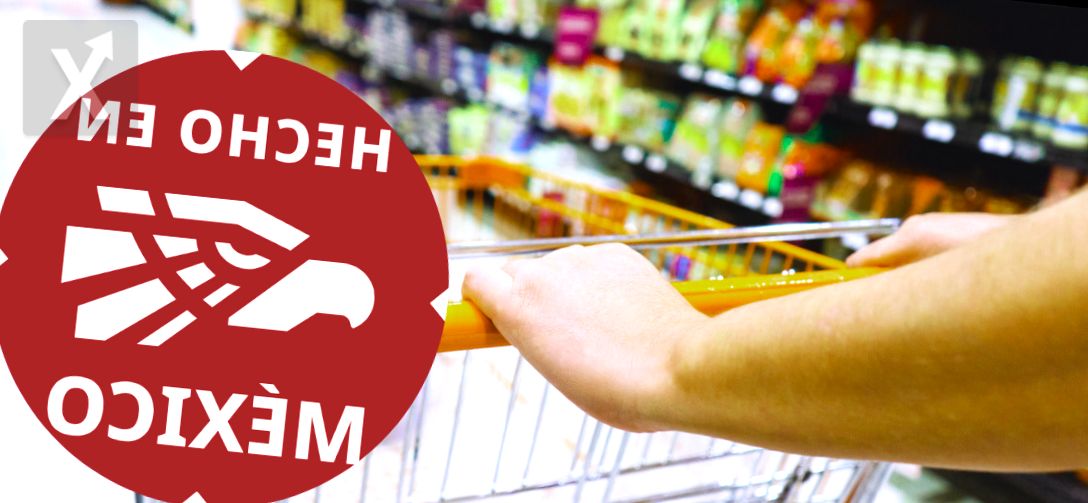Supermarkets Promote National Products: 70% of What They Sell Will Be Made in Mexico

This Thursday, the Secretary of Economy, Marcelo Ebrard, announced a groundbreaking agreement aimed at increasing the availability of products made in Mexico in supermarkets, pharmacies, and digital platforms. This initiative aims to strengthen the country's economy, create new jobs, and reduce dependency on imports, under the campaign "Made in Mexico."
The agreement will be in effect for three years, renewing in 2028, and has the signatures of 22 business groups that show great enthusiasm for this measure.During the morning press conference led by President Claudia Sheinbaum, Ebrard detailed that the pact includes increasing the number of national products on the shelves of supermarkets, department stores, pharmacies, and retailers. As such, self-service stores will have to raise the percentage of Mexican products from the current 50% to 70%, while large retailers will increase from 30% to 42%. In the case of pharmacies, the percentage will rise from 40% to 55%, focusing especially on the production of local medical supplies. This strategy takes into account the lessons learned during the COVID-19 pandemic, when countries that managed to maintain adequate local production faced the shortages of medications better. The agreement, signed by 22 major business groups, also includes the use of the "Made in Mexico" label, which will help consumers identify national products. A key goal is to open new opportunities for small and medium-sized enterprises, which will serve as suppliers. "Many of the products, if not most, can only be produced by small or medium enterprises in the short term. So they are being given a great opportunity to market much more effectively than before," Ebrard commented. The agreement also requires large chains to seek local suppliers, which will open new opportunities for thousands of businesses in the community. Additionally, there are plans to include e-commerce platforms like Amazon and Mercado Libre to highlight which products are of Mexican origin and improve their visibility. Implementation of this program will begin in 90 days, and it's expected that more companies will join this initiative in the coming weeks.
It is clear that this agreement represents a significant boost for the Mexican economy, strengthening local production and creating a more robust ecosystem for small and medium-sized enterprises. Furthermore, it encourages more conscious consumption among Mexicans, which in the long run could lead to greater resilience in the face of global crises. The key will be to accompany this effort with training strategies and financial support for SMEs, ensuring that they can indeed meet the growing demand for local products.





